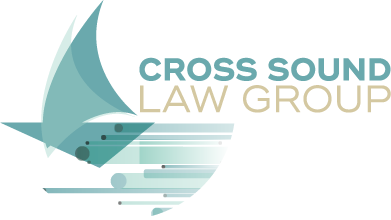Estate Planning
We know that people and families are all unique, and we offer estate plans that are tailored to meet the individual needs of our clients. A comprehensive, well-drafted estate plan will not only manage who will inherit your property after you pass, but it will also state your preferences as to who be able to make medical and financial decisions for you if you become incapacitated. In addition, estate planning can offer you more advanced tools to control your property during your lifetime and also after you pass.
Estate plans are entirely based on the specific circumstances and needs of each individual. We offer a complimentary consultation for prospective estate planning clients to discuss your goals, whether they are to simply get your affairs in order, avoid probate, avoid estate tax, provide for charitable gifts, or set up a trust for your children or grandchildren.
An estate plan can include any or all of the following documents:
Will
A Will only becomes effective after you pass. It designates the person or people who will be responsible for carrying out your wishes as to how you want to have your property distributed. If you have minor children, it also designates a guardian for your child.
Living Will
A Living Will gives your medical agent the authority to cease life sustaining treatment if you are in a persistent vegetative state and are being kept alive by artificial means. This document often gives individuals the peace of mind knowing that they will not be kept alive when they have no quality of life.
Trust
A Trust can hold property during your lifetime for the benefit of another. During your lifetime you can manage and use the trust property for your own benefit, and you can designate a trustee who will manage your trust property when you become incapacitated or upon your passing. Unlike a Will, a Trust gives you the ability to control how your beneficiaries will receive their inheritance. For example, rather than your beneficiaries receiving a lump sum distribution upon your death, your trust can establish incremental distributions, or even a stream of income for your heirs. It can also offer your beneficiaries a level of protection from creditors or divorce.
Power of Attorney
There are several types of Powers of Attorney. Every person should have in place, at a minimum, a Durable Power Of Attorney (DPOA) and a Health Care Power Of Attorney (HPOA). A DPOA designates who will be able to make financial decisions for you if you are incapacitated, while a HCPOA designates who will be able to make health care decisions for you if you are unable to do so yourself. If you do not have these documents in place, someone in your life (and not necessarily the person you would have chosen) will be required to undertake the legal process to obtain court-authorized guardianship over your finances and your medical decisions. It is an expensive, time-consuming and often emotionally draining experience for a loved one obtain a guardianship, which can all be avoided by prudent estate planning.
